A role model for Scottish women farmers will bang the drum loudly for the industry and her old school at one of the country’s largest agricultural events.
Nicola Wordie works on her family’s farm at Cairnborrow, near Huntly.
She is a former pupil of St Margaret’s School for Girls, in Aberdeen, which will host a stand at Turriff Show on Sunday and Monday.
Ms Wordie will be on hand to encourage other young people to follow in her footsteps.
But first, she answered some of our questions about her chosen career.
What does a typical day look like?
It depends on what time of year it is. There is always something which needs to be done on a farm but this time of year is slightly quieter for us. We are between spring calving and lambing and autumn calving. Crops are in the ground and livestock is out at grass.
What are some of the most significant changes you have experienced on your farm?
The biggest change we have experienced is the introduction of new technologies. We are
always trying to adapt and improve. There’s also been a noticeable growth in sheep numbers which led to us building a new lambing shed last year. Weather conditions are changing – we don’t get the same winters we used to, so diseases are more of an issue.
Can you tell us more about your path into farming?
I got a few pet pigs when I was growing up and they were always destined for our own
consumption. I remember my mum saying this will either make or break the farmer in me. Caring for, looking after and rearing these amazing animals was one of the best things I got to do.
I left college with an HND in agriculture before going to New Zealand for three months, working and travelling. I helped on dairy and cattle fattening farms which is completely different to what we are used to here. It was an incredible experience which I am so glad I did. I then returned home to our farm in Aberdeenshire, where I have been ever since.
New Zealand is a totally different way of life. It’s much more laid back and I found communities still had strong connections to farming – not the huge gap between consumers and producers I find here in the UK.
What more needs to be done to grow the number of women farmers?
In some areas it’s still hard as the average age of farmers is so high. Some, not all,
still have that mentality of women shouldn’t or can’t do this. It is definitely getting less but I do still see it. There needs to be more education in schools and more needs to be
shared about how great the industry is.
I try to educate and inspire people into farming on my social media, sharing the good and bad, as well as the highs and lows of each day.
Weather, supply chains and fewer young farmers are among issues affecting the industry. There is also uncertainty around food security, rising costs and legislation. What is your advice to those who will have to face these challenges in the future?
Don’t stand still. Always adapt and develop your business but do it for the right reasons. One shoe doesn’t fit all, so do what’s best for you and your farm.
What do you most enjoy about farming?
I love how every day presents me with different challenges. Also being able to produce such incredible produce in rural Aberdeenshire which then goes on to feed our nation. I really enjoy sharing what we do here and explaining how and why we do things, giving people an insight into a true working farm.
Where does your future lie in farming?
I hope there is still a future in farming. I hope in many years time I can still calve cows, lamb sheep and do what I love. Farming is in the blood. It’s a way of life and an
incredibly amazing one at that.
St Margaret’s and agriculture
St Margaret’s School for Girls has a long history of teaching girls from north-east farming communities.
Its pupils study a cross-curricular farming topic and learn about the importance of agriculture from a young age.
Headteacher Anna Tomlinson said: “I am thrilled that Nicola has excelled in her chosen field.
“Farming is another sector which has been historically male dominated but students from St Margaret’s are now making an impact. Nicola is setting an example not only to the girls at St Margaret’s, but also for young women across the country who wish to pursue a career in agriculture.”
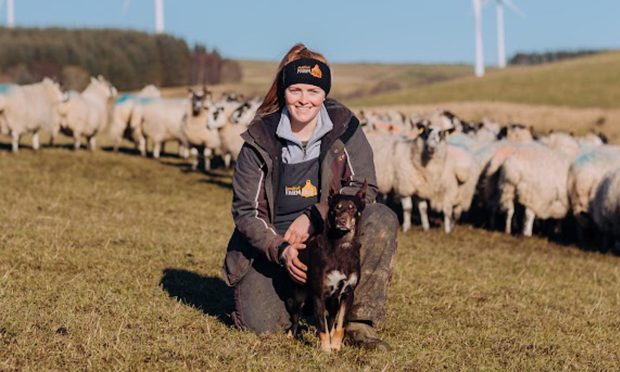
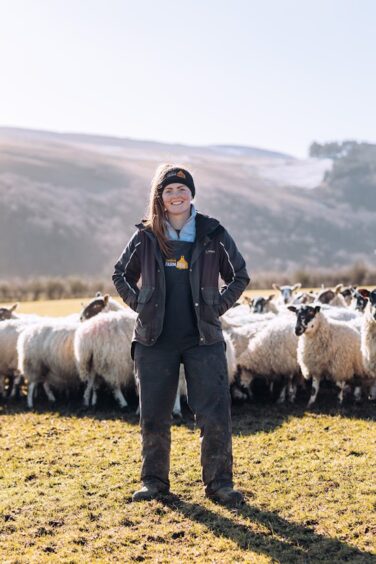
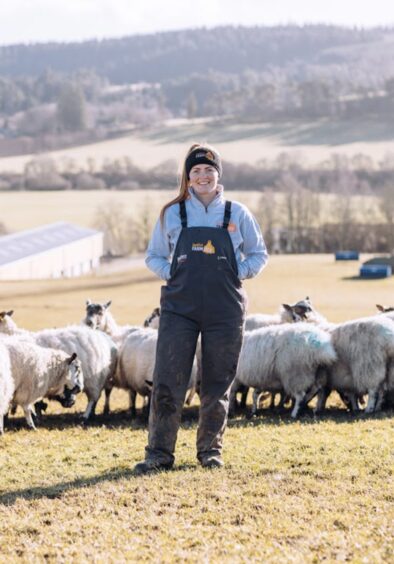
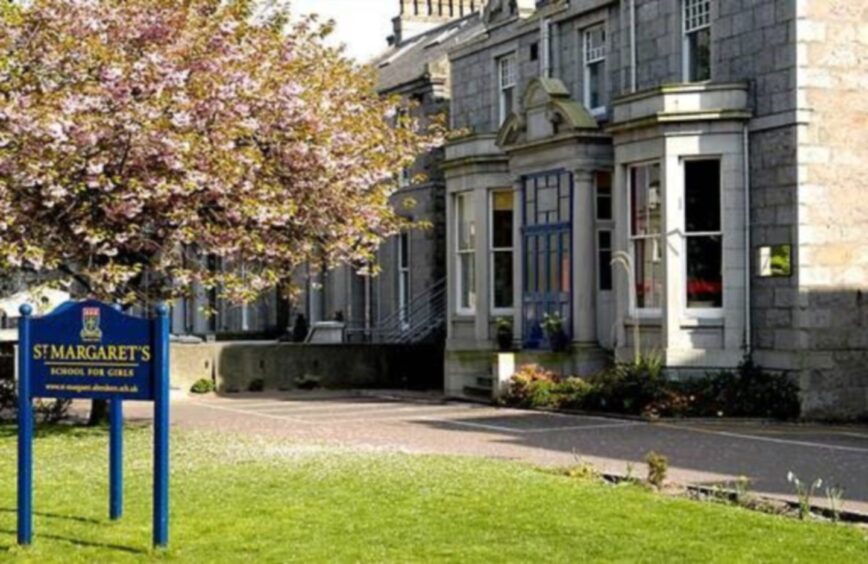
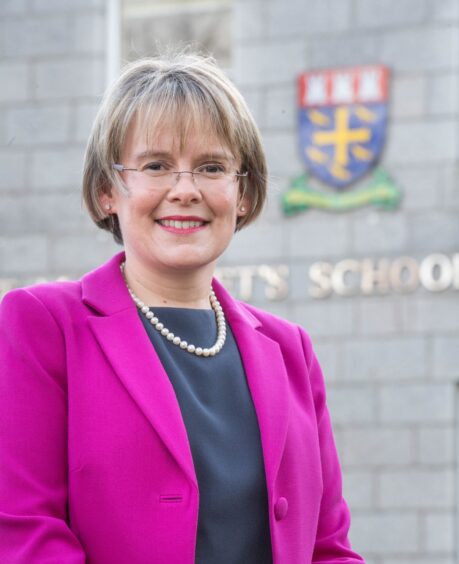
Conversation